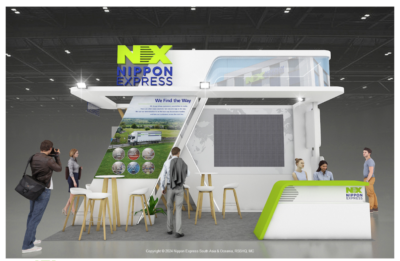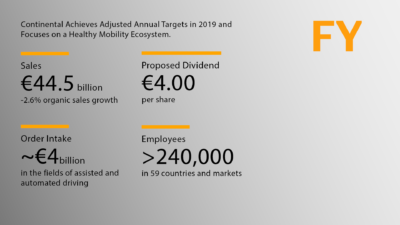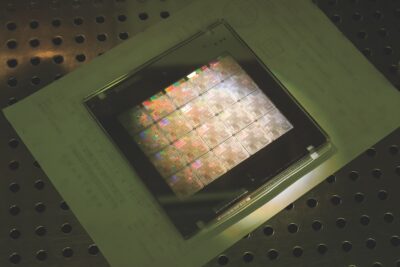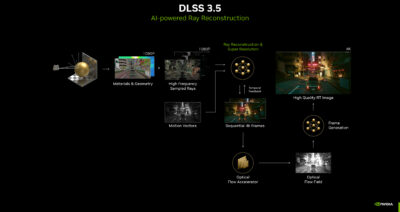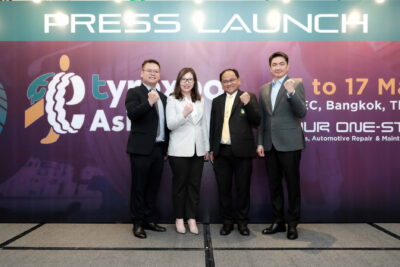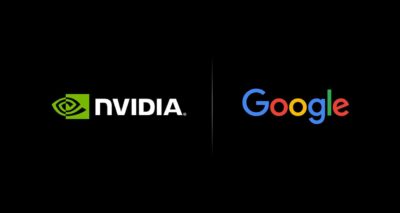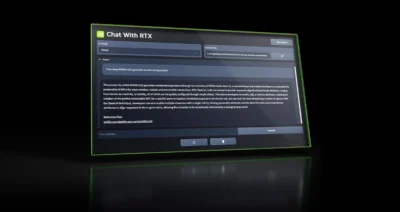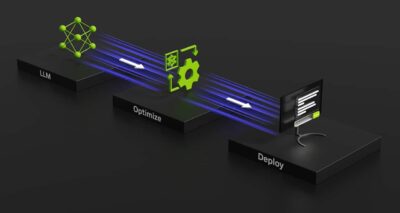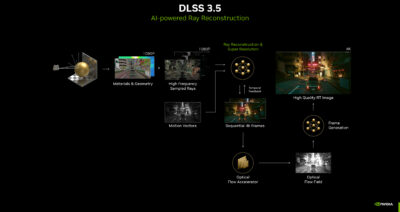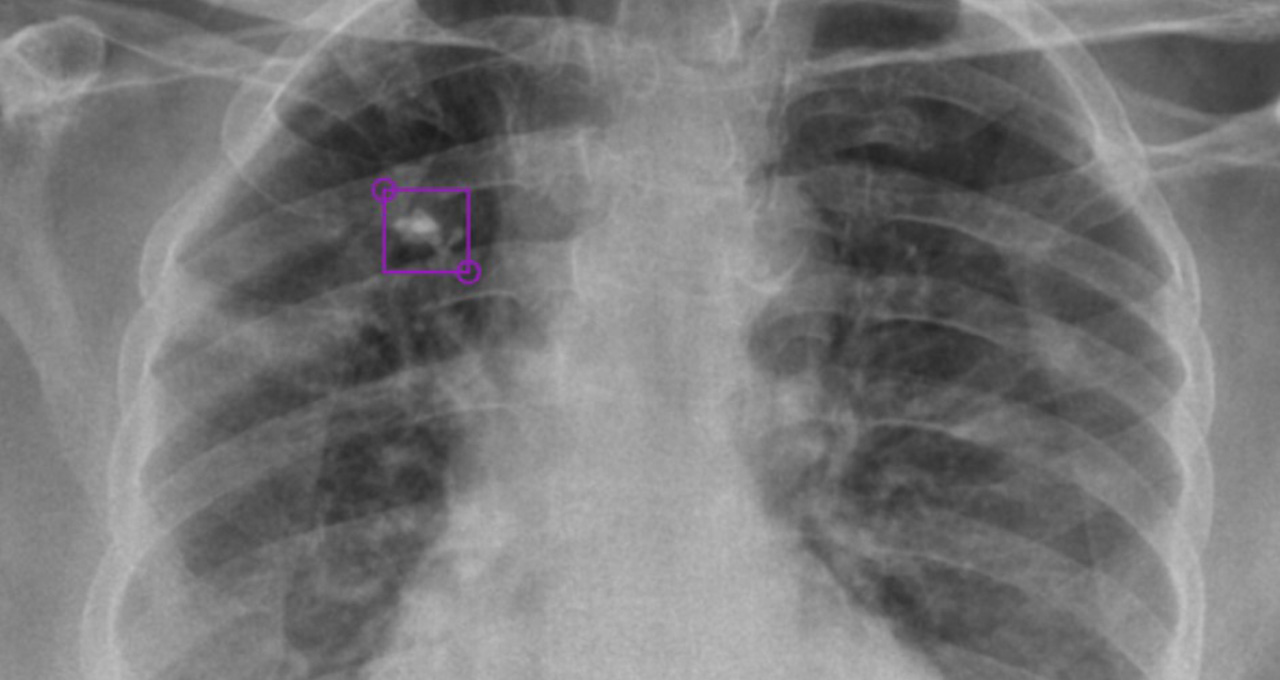
by ISHA SALIAN
Tuberculosis is an issue close to home for Pune, India-based healthcare startup DeepTek. India has the world’s highest prevalence of the disease — accounting for over one-quarter of the 10 million new cases each year.
It’s a fitting first project for the company, whose founders hope to greatly improve global access to medical imaging diagnostics with an AI-powered radiology platform. DeepTek’s DxTB tool screens X-ray images for pulmonary TB, flagging cases for prioritized review by medical experts.
India aims to eradicate TB by 2025, five years before the United Nations’ global goal to end the epidemic by 2030. Chest X-ray imaging is the most sensitive screening tool for pulmonary TB, helping clinicians determine which patients should be referred for further lab testing. But two-thirds of people worldwide lack access to even basic radiology services, in part due to high costs and insufficient infrastructure.
“There’s a huge shortage of imaging experts available to read X-ray scans,” said Amit Kharat, CEO of the startup and a clinical radiologist. “Since radiologists’ time is often sought for more demanding investigations like CT or MRI scans, this is an important gap where AI can add value.”
DeepTek is a member of NVIDIA Inception, a virtual accelerator program that enables early-stage companies with fundamental tools, expertise and go-to-market support. The startup uses NVIDIA GPUs through Google Cloud and Amazon Web Services for training and inference of its deep learning algorithms.
Its DxTB tool has been used to analyze over 70,000 chest X-rays so far in partnership with the Greater Chennai Corporation’s TB Free Chennai Initiative, a project supported by the Clinton Health Access Initiative. The system is deployed in mobile vans equipped with digital X-ray machines to conduct TB screening for high-risk population groups.

mobile TB clinic in Chennai, India
As patients are screened in the mobile clinics, scans of the chest X-ray images are securely transmitted to the cloud for inference. The accelerated turnaround time allows doctors to triage cases and conduct additional tests right away, minimizing the number of patients who don’t follow up for further testing and treatment.
“Doing this job would have taken a month’s time. With AI, it’s now feasible to do it within hours,” Kharat said. “The goal is to make sure not a single patient is lost.”
DxTB can be deployed in the cloud or — where internet connections are weak or unavailable — as an edge service. Radiologists access the scans through a dashboard that enables them to review the studies and provide expert feedback and validation.
Patients detected as potentially TB-positive provide a sputum, or lung fluid, sample that undergoes a molecular test before doctors confirm the diagnosis and prescribe a medication program.
In addition to the mobile clinics, around 50 imaging centers and hospitals in India use DeepTek’s AI models. One hospital network will soon deploy the startup’s ICU Chest tool, which can diagnose a score of conditions relevant to intensive care patients.
DeepTek is also developing models to screen X-rays of the joints and spine; CT scans of the liver and brain; and brain MRI studies. The company’s in-house radiologists annotate scans by hand for training, validation and testing.
To further improve its deep learning network, the startup uses data augmentation and data normalization — and incorporates users’ radiology reports as feedback to refine and retrain the AI.
DeepTek now processes nearly 25,000 imaging studies a month on its cloud platform.
“Building AI models is just one part of the story,” Kharat said. “The whole technology pipeline needs to integrate smoothly with the radiology workflow at hospitals, imaging centers and mobile clinics.”
Main image shows a calcified nodule in the lung’s right upper lobe, detected by DeepTek’s AI model.

by ISHA SALIAN
Tuberculosis is an issue close to home for Pune, India-based healthcare startup DeepTek. India has the world’s highest prevalence of the disease — accounting for over one-quarter of the 10 million new cases each year.
It’s a fitting first project for the company, whose founders hope to greatly improve global access to medical imaging diagnostics with an AI-powered radiology platform. DeepTek’s DxTB tool screens X-ray images for pulmonary TB, flagging cases for prioritized review by medical experts.
India aims to eradicate TB by 2025, five years before the United Nations’ global goal to end the epidemic by 2030. Chest X-ray imaging is the most sensitive screening tool for pulmonary TB, helping clinicians determine which patients should be referred for further lab testing. But two-thirds of people worldwide lack access to even basic radiology services, in part due to high costs and insufficient infrastructure.
“There’s a huge shortage of imaging experts available to read X-ray scans,” said Amit Kharat, CEO of the startup and a clinical radiologist. “Since radiologists’ time is often sought for more demanding investigations like CT or MRI scans, this is an important gap where AI can add value.”
DeepTek is a member of NVIDIA Inception, a virtual accelerator program that enables early-stage companies with fundamental tools, expertise and go-to-market support. The startup uses NVIDIA GPUs through Google Cloud and Amazon Web Services for training and inference of its deep learning algorithms.
Its DxTB tool has been used to analyze over 70,000 chest X-rays so far in partnership with the Greater Chennai Corporation’s TB Free Chennai Initiative, a project supported by the Clinton Health Access Initiative. The system is deployed in mobile vans equipped with digital X-ray machines to conduct TB screening for high-risk population groups.

mobile TB clinic in Chennai, India
As patients are screened in the mobile clinics, scans of the chest X-ray images are securely transmitted to the cloud for inference. The accelerated turnaround time allows doctors to triage cases and conduct additional tests right away, minimizing the number of patients who don’t follow up for further testing and treatment.
“Doing this job would have taken a month’s time. With AI, it’s now feasible to do it within hours,” Kharat said. “The goal is to make sure not a single patient is lost.”
DxTB can be deployed in the cloud or — where internet connections are weak or unavailable — as an edge service. Radiologists access the scans through a dashboard that enables them to review the studies and provide expert feedback and validation.
Patients detected as potentially TB-positive provide a sputum, or lung fluid, sample that undergoes a molecular test before doctors confirm the diagnosis and prescribe a medication program.
In addition to the mobile clinics, around 50 imaging centers and hospitals in India use DeepTek’s AI models. One hospital network will soon deploy the startup’s ICU Chest tool, which can diagnose a score of conditions relevant to intensive care patients.
DeepTek is also developing models to screen X-rays of the joints and spine; CT scans of the liver and brain; and brain MRI studies. The company’s in-house radiologists annotate scans by hand for training, validation and testing.
To further improve its deep learning network, the startup uses data augmentation and data normalization — and incorporates users’ radiology reports as feedback to refine and retrain the AI.
DeepTek now processes nearly 25,000 imaging studies a month on its cloud platform.
“Building AI models is just one part of the story,” Kharat said. “The whole technology pipeline needs to integrate smoothly with the radiology workflow at hospitals, imaging centers and mobile clinics.”
Main image shows a calcified nodule in the lung’s right upper lobe, detected by DeepTek’s AI model.








